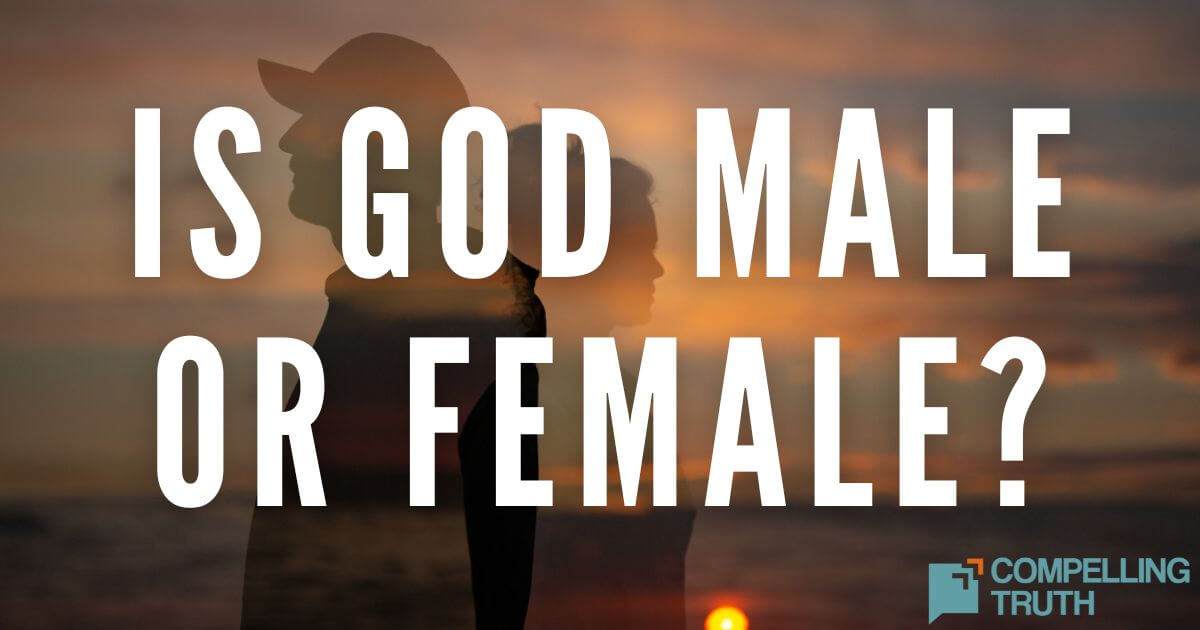In the Bible, God compares Himself to a mother multiple times both in the Old Testament and the New Testament. In Deuteronomy 32:18, He says to the Israelites that He is "the Rock that bore you… the God who gave you birth." In Hosea 11:3–4 we see God take on the motherly role of teaching, cuddling, and nourishing when He says, "it was I who taught Ephraim to walk; I took them up by their arms … and I bent down to them and fed them." In Isaiah 49:15 God likens Himself to a nursing mother when He asks, "Can a woman forget her nursing child, that she should have no compassion on the son of her womb? Even these may forget, yet I will not forget you." The psalmist also uses this metaphor of God as a breastfeeding mother in Psalm 131:2 when he claims, "I have calmed and quieted my soul, like a weaned child with its mother." Mothers are known for the comfort and solace they provide their children not only as breastfeeding infants but throughout the child's life. As such, God again compares Himself to a mother in Isaiah 66:13 when He promises the Israelites, "As one whom his mother comforts, so I will comfort you." Jesus continues this metaphor in Matthew 23:37 when He pronounces over Jerusalem, "How often would I have gathered your children together as a hen gathers her brood under her wings."
These biblical examples show that God has motherly traits and acts in motherly ways, but it is important to note that the Bible always refers to God in masculine terms. For instance, we see God refer to Himself as a husband rather than as a wife. "Your Maker is your husband, the LORD of hosts is his name" (Isaiah 54:5). We also see God referred to as king rather than as queen. First Samuel 12:12 says, "the LORD your God was your king," and Revelation 17:14 calls Him "Lord of lords and King of kings." God is referred to as a king rather than as a queen despite the fact that powerful queens did exist in the ancient world as we see with the Queen of Sheba in 2 Chronicles 9. There were also female gods, like Artemis in Acts 19, yet the God of Israel is referred to as a masculine God. Furthermore, when God chose to reveal Himself in bodily form, He came as a man—Jesus.
People throughout history have wondered how they should approach God. In fact, the disciples asked Jesus to teach them the best way to approach God in prayer. Jesus' response instructed them (and all followers) to say "Our Father in heaven" (Matthew 6:9). Indeed, throughout the Old Testament, God is referred to as Father. Moses asks the Israelites, "Is He not your father?" (Deuteronomy 32:6). In Psalm 68:5 God declares Himself "Father of the fatherless." And Paul writes in the New Testament in Romans 8:15 that "you have received the Spirit of adoption as sons, by whom we cry, 'Abba! Father!'" So the Bible teaches that those who have the Holy Spirit in them will be crying out to God the Father. "God the Father" is a biblical concept and term.
Referring to God as "God the Mother" is unbiblical. God clearly presents Himself as God the Father in the Bible, not as God the Mother. However, focusing on God's motherly traits and motherly actions as repeatedly displayed in Scripture is biblical. Understanding all the characteristics of God can be of great comfort to those who may have difficulty relating to God as Father. Blessedly, God also says, "I am the LORD, your healer" (Exodus 15:26). So as we draw near to God, He can heal the hurts that cause our discomfort in relating to Him and He can enable us to know Him as He really is.
These biblical examples show that God has motherly traits and acts in motherly ways, but it is important to note that the Bible always refers to God in masculine terms. For instance, we see God refer to Himself as a husband rather than as a wife. "Your Maker is your husband, the LORD of hosts is his name" (Isaiah 54:5). We also see God referred to as king rather than as queen. First Samuel 12:12 says, "the LORD your God was your king," and Revelation 17:14 calls Him "Lord of lords and King of kings." God is referred to as a king rather than as a queen despite the fact that powerful queens did exist in the ancient world as we see with the Queen of Sheba in 2 Chronicles 9. There were also female gods, like Artemis in Acts 19, yet the God of Israel is referred to as a masculine God. Furthermore, when God chose to reveal Himself in bodily form, He came as a man—Jesus.
People throughout history have wondered how they should approach God. In fact, the disciples asked Jesus to teach them the best way to approach God in prayer. Jesus' response instructed them (and all followers) to say "Our Father in heaven" (Matthew 6:9). Indeed, throughout the Old Testament, God is referred to as Father. Moses asks the Israelites, "Is He not your father?" (Deuteronomy 32:6). In Psalm 68:5 God declares Himself "Father of the fatherless." And Paul writes in the New Testament in Romans 8:15 that "you have received the Spirit of adoption as sons, by whom we cry, 'Abba! Father!'" So the Bible teaches that those who have the Holy Spirit in them will be crying out to God the Father. "God the Father" is a biblical concept and term.
Referring to God as "God the Mother" is unbiblical. God clearly presents Himself as God the Father in the Bible, not as God the Mother. However, focusing on God's motherly traits and motherly actions as repeatedly displayed in Scripture is biblical. Understanding all the characteristics of God can be of great comfort to those who may have difficulty relating to God as Father. Blessedly, God also says, "I am the LORD, your healer" (Exodus 15:26). So as we draw near to God, He can heal the hurts that cause our discomfort in relating to Him and He can enable us to know Him as He really is.



